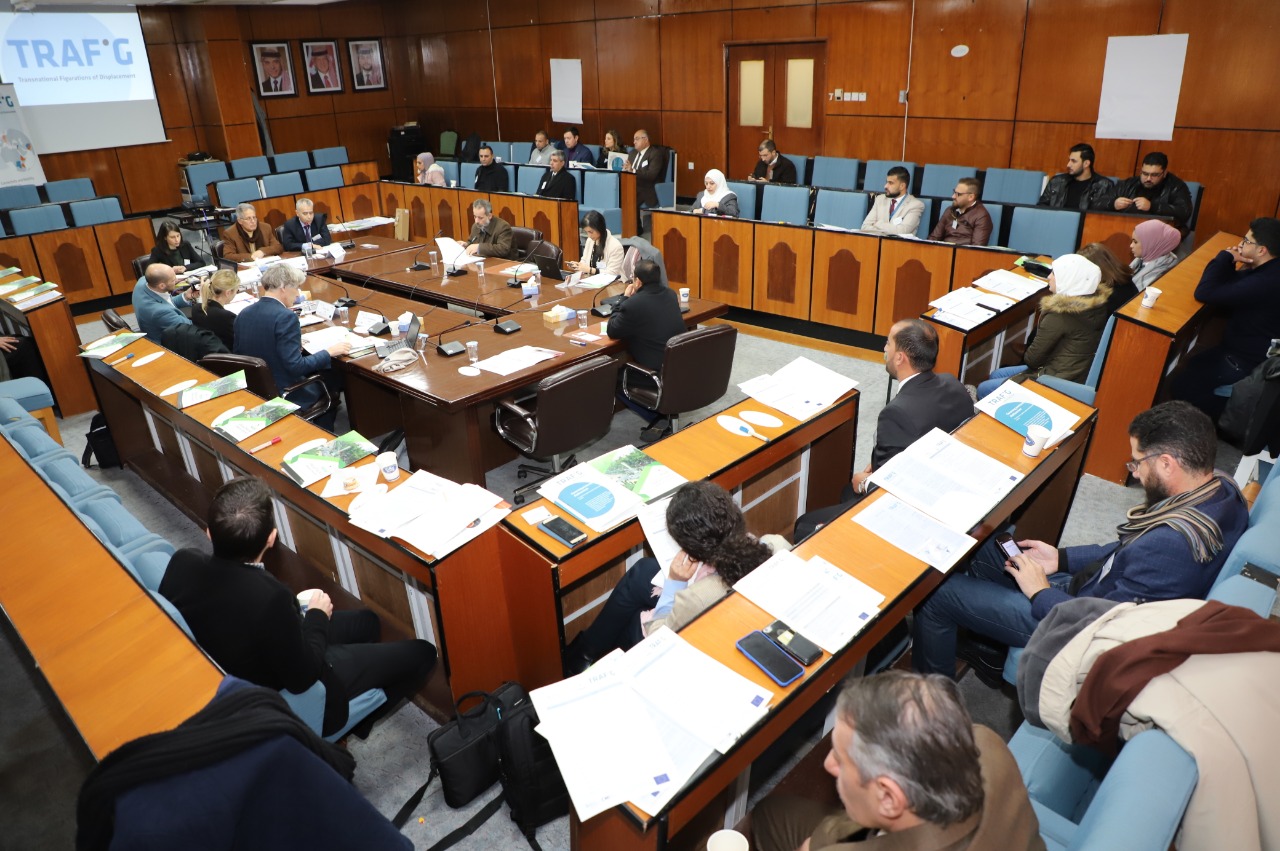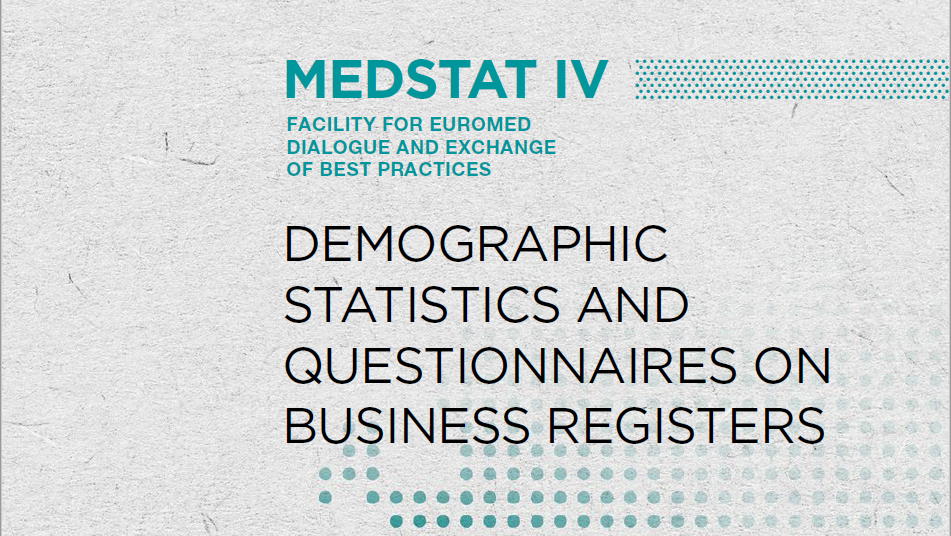Jordan: EU-funded H2020 research project holds first stakeholder workshop to discuss solutions to protracted displacement

On 9 February, the first interactive TRAFIG stakeholder workshop took place in Irbid, Jordan. It kicked off a series of events in the TRAFIG focus countries. This first workshop aimed to discuss viable policy options and good practices and supports the identification of possible solutions to protracted displacement.
Organised by Yarmouk University in cooperation with Bonn International Centre for Conversion (BICC), the independent development research institute CMI and the International Centre for Migration Policy Development (ICMPD), it further built on the preliminary research results of the TRAFIG project and invited workshop participants to contribute to the analysis of these results. The results were drawn based on more than 100 interviews with Syrian refugees in Irbid, hosting about 30% of the country’s urban refugees; Mafraq which was one of the earliest sites for Syrian refugees to congregate in Jordan; and Zaatari, one of the largest refugee camps in the world.
In the discussions and the working group sessions, participants raised important issues that will be integrated in the next research phase. It was highlighted that in order to expand opportunities for Syrian refugees, the shared responsibility needs to lead to intensified efforts in the education and labour market sector. Funding should be further aligned with national priorities and a long-term political vision should be developed. Furthermore, livelihood support needs to be guided by development principles and understood in a broader sense, including providing more options for mobility in the wider region and beyond.
The workshop was organised in the framework of the EU-funded Horizon 2020 research project “Transnational Figurations of Displacement” (TRAFIG) which investigates long-lasting displacement situations at multiple sites in Asia, Africa and Europe and analyses options to improve displaced people’s lives.
Read more
TRAFIG – website



























 Syria
Syria 



